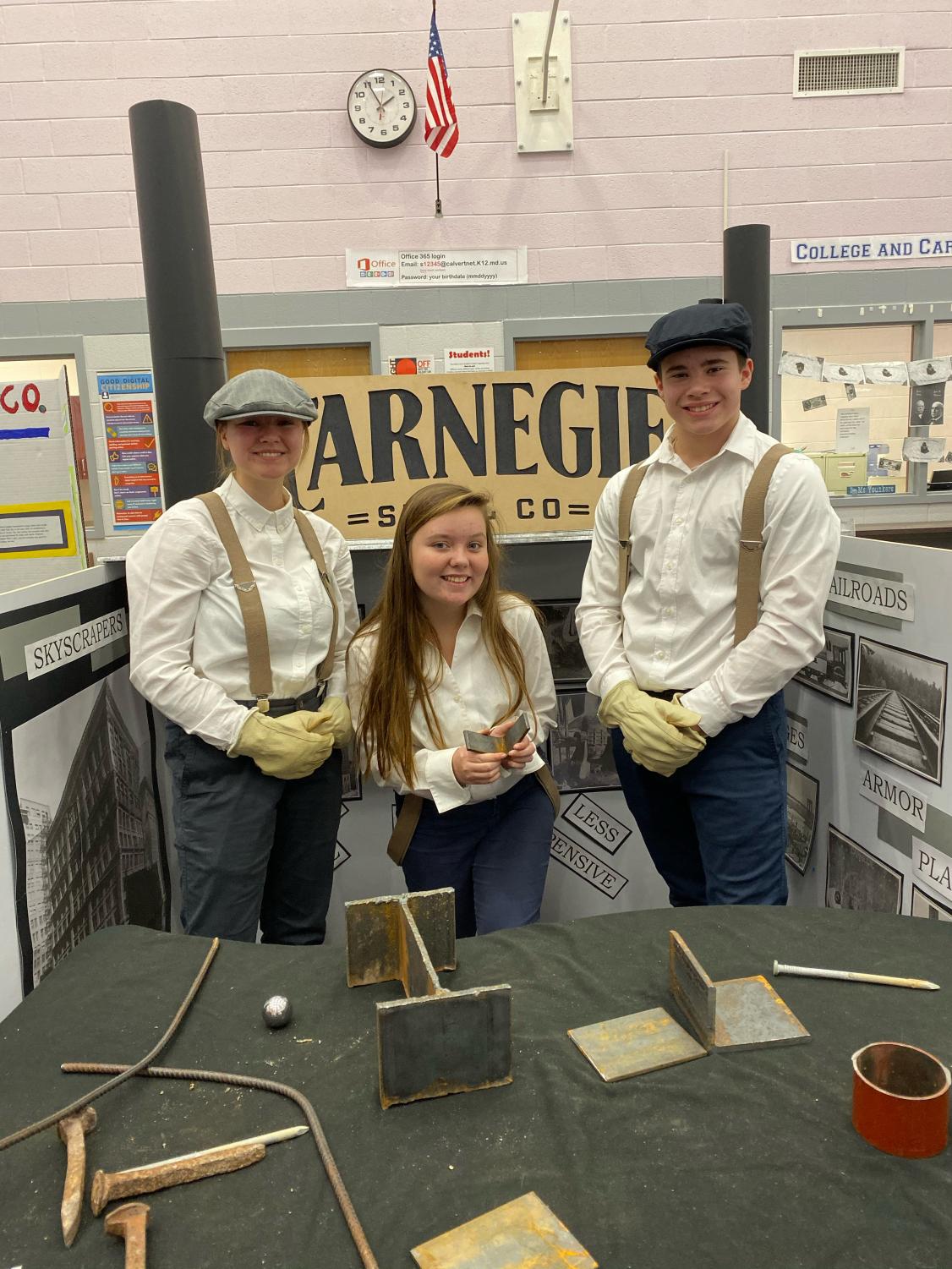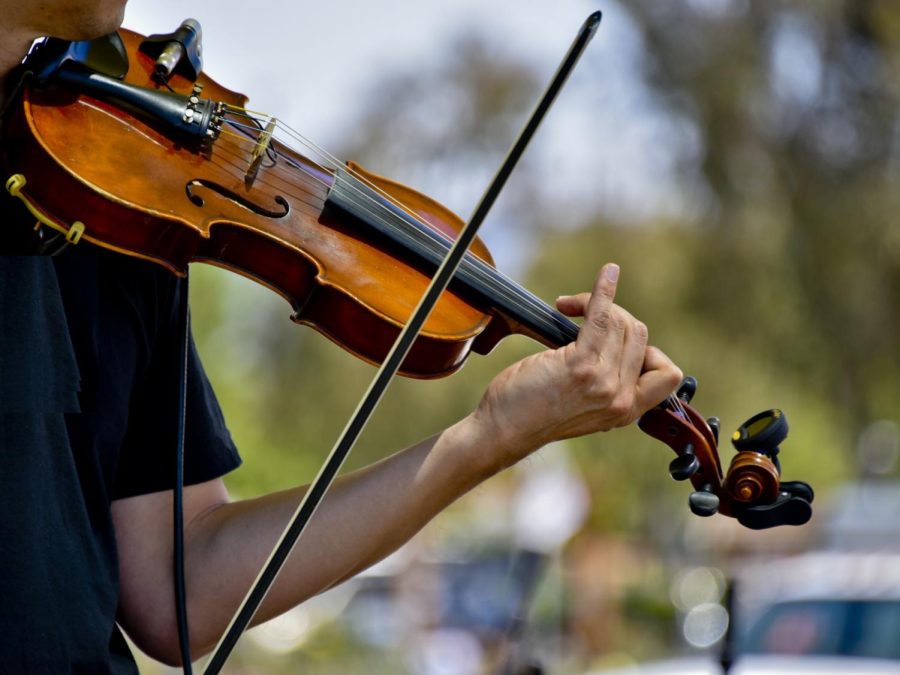Musicians: Do You Know Your Options?
I’ve played viola for the last six years. Honestly, it’s hard – because practicing, especially the painful stuff, is all about building neural pathways, making things perfect and automatic.
But this year I get to play Tchaikovsky’s Romeo and Juliet with the American Youth Symphony Orchestra. And last summer I got to play with a string quartet for church. And I’m learning Bruch’s Romanze. I get to play phenomenal music! There’s something about it all that’s incredible, almost surreal. There’s something about it that gets me so excited! There’s something about it that is just simply wonderful.
Many students start playing an instrument in the fourth grade, to varying experiences. But Calvert County doesn’t have the music magnet schools found throughout the state, and at Calvert County middle schools and Huntingtown High, all school orchestra ensembles are based on grade level – not musical ability. We’re all familiar with the school orchestra, but what comes next for those who want more?
One option is school-sponsored honors groups. Run by or affiliated with the school, various honors groups, including All-County, Tri-County, and All-State Bands, Choirs, and Orchestras, meet short-term to prepare and perform a concert. Mrs. Daelemans, our choir teacher, said, “We do auditions… and they do some pretty difficult music.” Their short-term nature is advantageous for those who don’t want a huge commitment. The county also holds a Solo and Ensemble festival, where students can perform a piece of music for constructive feedback. However, neither are long-term, if that’s what you want, and none of it is an option for those who aren’t in specific school ensembles. For example, you can’t audition for All-State Band if you take Musical Theater and not an actual band class, regardless of any qualifications or musical ability.
Regardless, the extra musical opportunities run through the schools can be great experiences that help students progress in ways that aren’t possible in a classroom.
Another option for students is privately-run youth orchestras. Entry is decided by audition. Compared to school-sponsored ensembles, they are more expensive and can mean more driving; but they are long-term, and usually provide the experience of playing in a full orchestra (the only school-sponsored full orchestra is the senior All-State Orchestra). Playing in a full orchestra is a totally different experience from playing in a string orchestra. They also have an almost infinite ability range, from beginning to incredibly advanced – which can be a springboard for playing beyond high school.
Lillie Sakai is Huntingtown’s Music Honors Society (Tri-M) President, a member of the school orchestra and Chesapeake Youth Symphony Orchestra and has participated in school honors groups like All-County and Tri-County. When asked about the differences between the three, she said, “Other than the level of music we play, I believe the environment is the most significant distinction between the three groups. It appears to be more enjoyable in the school orchestra, and you have a greater opportunity to try a variety of different pieces. There is also more time to work on personal skills. In an honors orchestra, you really have to listen to each other and communicate to perform musically. In youth orchestras, the conductors tend to go more in-depth about music theory and emphasize the skills it takes to play musically. There’s also a more competitive aspect.”
Everyone has different goals. Some just need a fine arts credit, or music is a fun class with friends. Others want the thrill of playing incredible music in advanced ensembles. This is reflected in our three options. One isn’t necessarily superior or inferior to the others – each fulfills its own unique purpose – and all three are crucial elements of music education in the lives of high school students.






